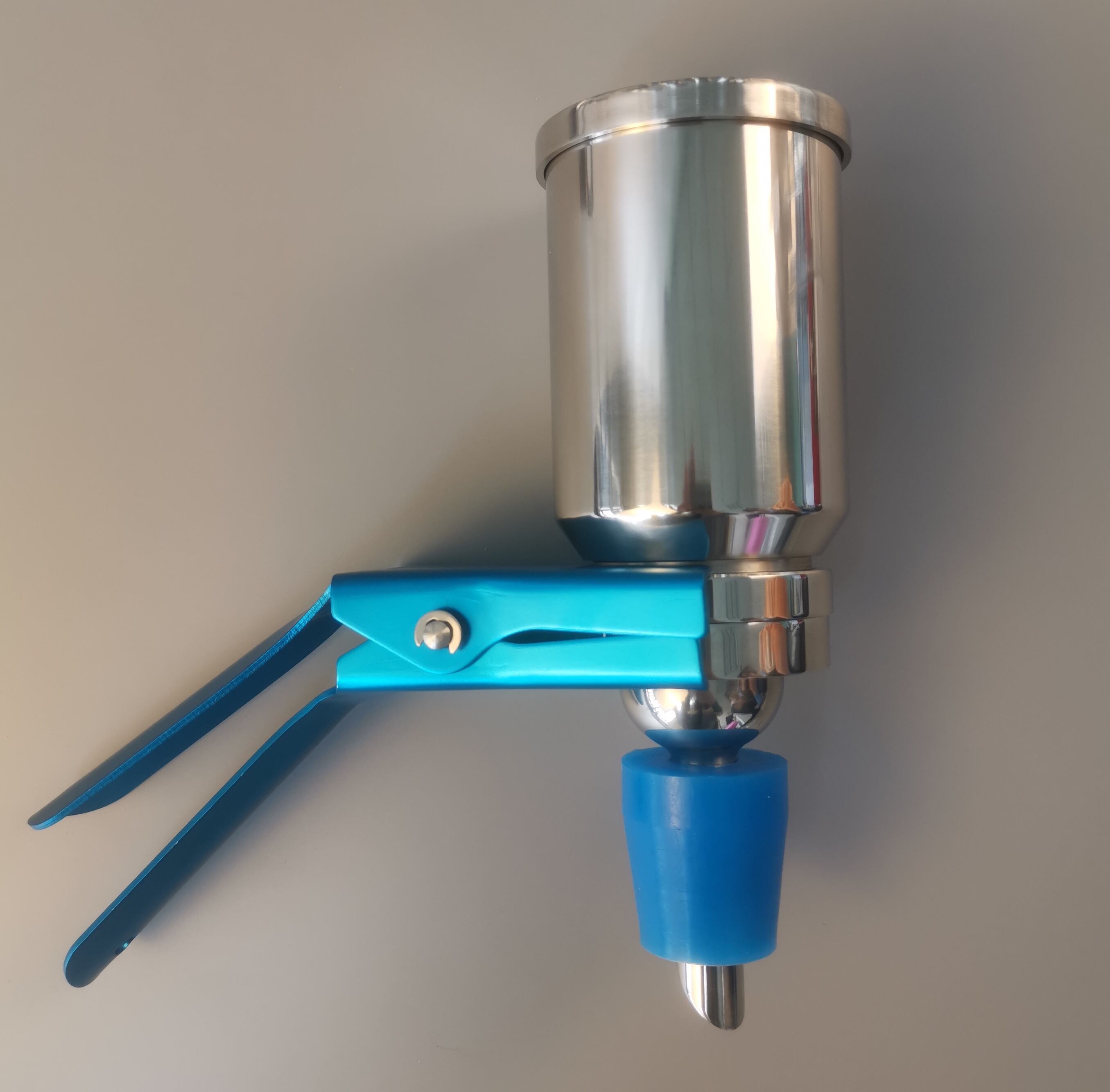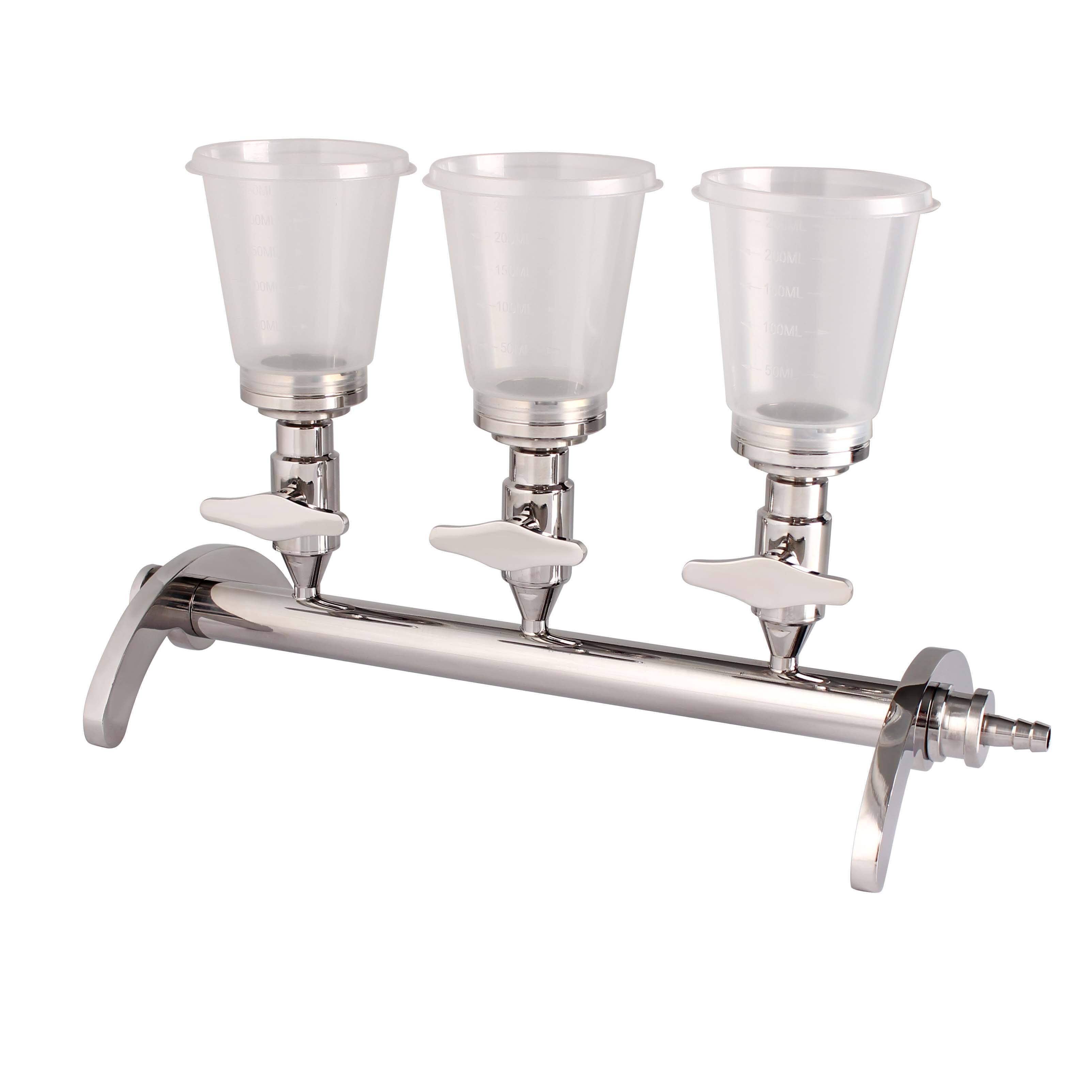실험실 진공 필터
실험실 진공 필터는 진공 힘으로 생성된 압력 차이를 통해 고체와 액체를 분리하기 위해 설계된 필수 장비입니다. 이 정교한 필터 시스템은 진공 펌프, 필터 매체, 수집 용기 및 다양한 커넥터로 구성되어 있으며, 효율적인 분리를 위해 조화롭게 작동합니다. 시스템은 필터 매체 아래에서 음압을 생성하여 액체를 끌어들이며 고체 입자는 그 위에 남아 있습니다. 현대의 실험실 진공 필터는 디지털 압력 제어, 자동 운영 시퀀스 및 조절 가능한 유량 속도 등의 고급 기능을 통합하여 필터링 효율성을 최적화합니다. 이 기술은 화학 분석, 제약 연구, 환경 테스트 및 생물학적 샘플 준비 등 다양한 과학 분야에서 널리 사용됩니다. 이러한 필터는 단순한 용액부터 복잡한 콜로이드 혼합물에 이르기까지 다양한 샘플 유형을 처리할 수 있어 연구 및 품질 관리 환경에서 없어서는 안 될 존재입니다. 필터링 프로세스는 다양한 구멍 크기와 필터 매체 유형을 통해 맞춤 설정할 수 있어 연구원들이 정확한 분리 요구 사항을 충족시킬 수 있습니다. 또한 많은 모델은 오버플로우를 방지하고 민감한 샘플을 보호하며 여러 필터링 사이클 동안 일관된 결과를 보장하기 위한 안전 메커니즘을 갖추고 있습니다.


